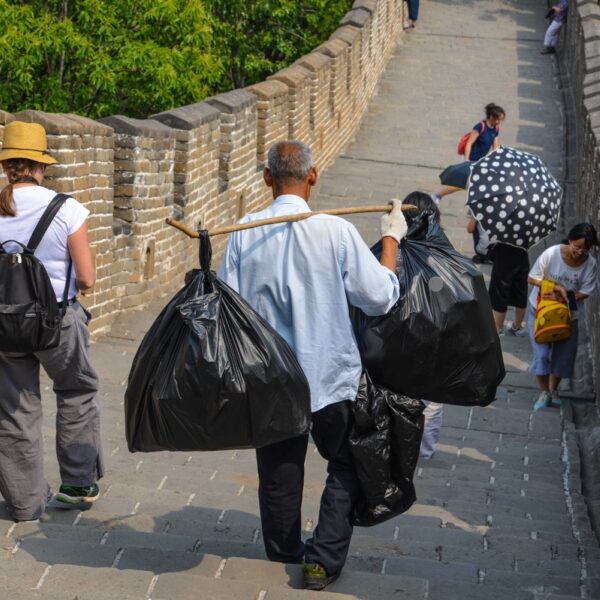
Global upheaval in the recycling of certain waste: Opportunities or disaster?
On 18 July 2017, Beijing announced its intention to significantly restrict, in the coming months, the importing of certain waste to its territory.
The figures are truly astonishing: in 2016, 7.3 million tons of recyclable plastics were shipped to Chinese ports from Japan, the United States and Europe, said the global recycling industry association.
On 11 January, the Chinese authorities published the new standards of acceptability of recyclable waste authorised for importation.
It is set out in the document that 24 categories of recoverable raw materials will now be prohibited, said the Chinese environment minister, including eight plastic families (PE, plastic films, polystyrenes, PVC, PET, PET bottles, PC CD/DVD, other waste and scrap), mixed papers, certain textiles such as wool and cotton, other waste from iron or steel manufacturing.
On first reading, only “post-production” plastic waste (plastic waste from plastic-producing industries) are still accepted for importation, excluding “post-consumer” plastic waste. Used plastics (packaging film, bottles, flasks, etc.) should therefore be completely prohibited.
This somewhat drastic and perhaps explosive prohibition presents Japanese, American and European waste holders with an enormous challenge: to transform this new constraint by genuinely increasing the recycling of recoverable plastic waste in Europe. In certain countries, this will even involve the actual launching of the plastic recycling industry.
The same issue also arises for other waste streams such as WEEE (waste electrical and electronic equipment) that is exported very substantially, even today, to countries with lower environmental standards.
Associated areas of specialisation: Environment